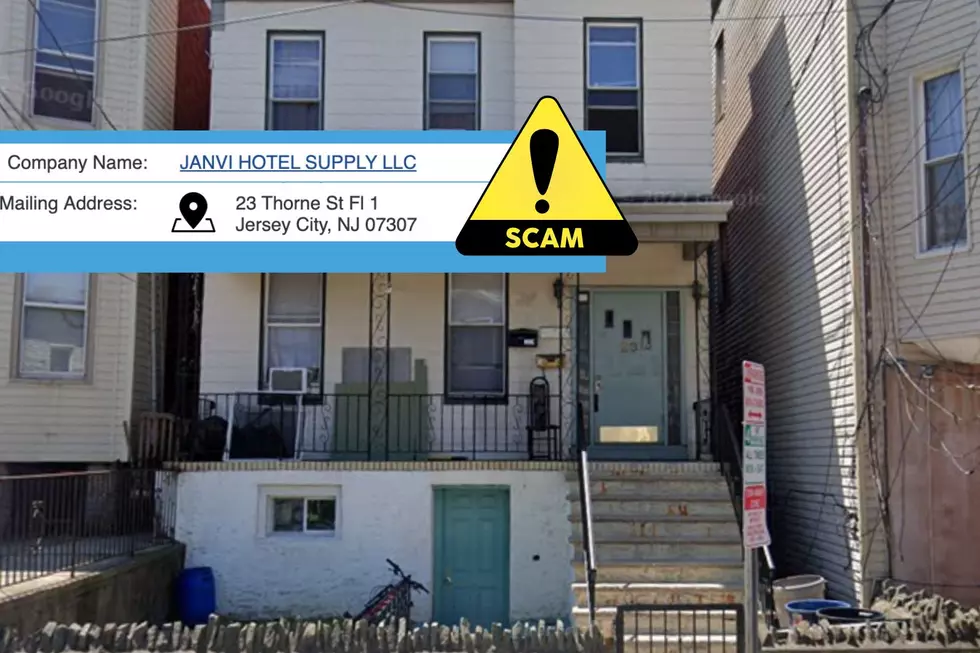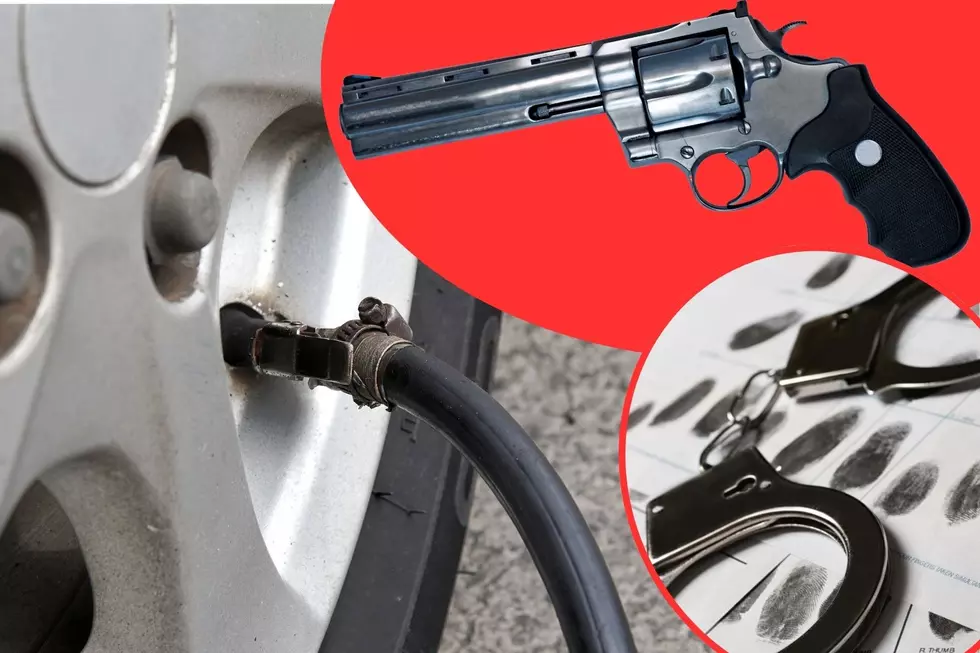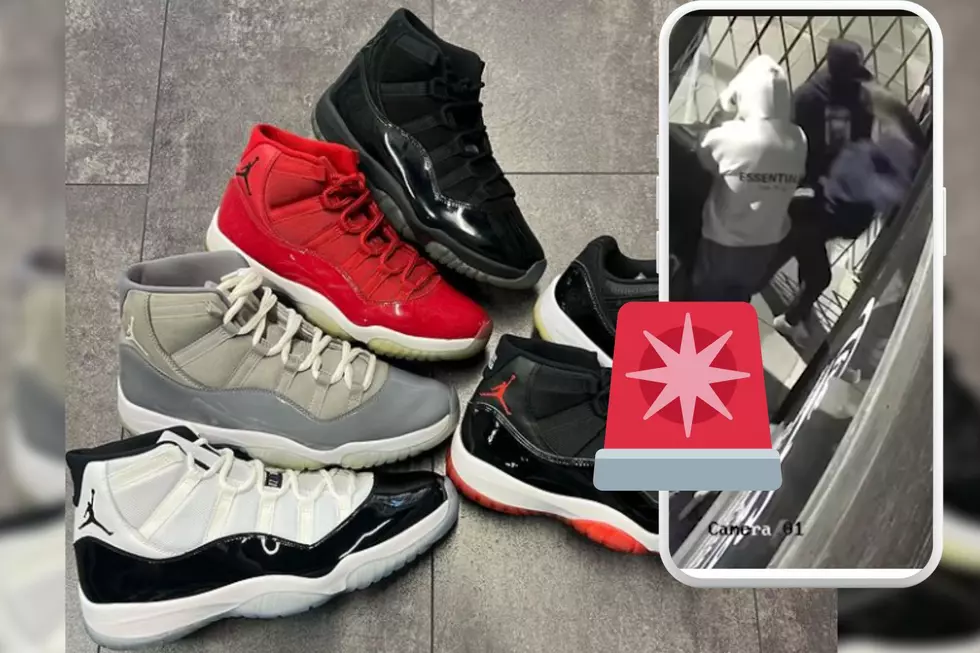
Philadelphia district attorney charged in corruption scheme
PHILADELPHIA — The city's top prosecutor accepted more than $100,000 in luxury gifts, Caribbean trips and cash, often in exchange for official favors including help with a court case, according to a bribery and extortion indictment unsealed Tuesday.
The indictment caps a nearly two-year investigation into District Attorney Seth Williams' financial affairs. Williams, a Democrat and career prosecutor who makes $175,000 a year, has said he ran into financial trouble after a divorce and while paying private-school tuition for his daughters.
However, defense lawyer Michael Diamondstein said Williams "vehemently denies that he ever compromised any investigation, case or law enforcement function."
The 23-count indictment describes gifts from one business owner that included trips Williams took with his then-girlfriend to a Dominican Republic resort, where they stayed in a presidential suite; a custom $3,400 sofa; and $9,000 in cash or checks.
In exchange, authorities said, Williams offered to help the businessman's friend seek reduced jail time in a criminal case his office handled. He also had the businessman meet with an airport police official in an attempt to avoid enhanced screening when returning to the U.S. from abroad, they said.
Williams, known to frequent cigar bars and dine at the city's ritzy Union League private club, also spent $20,000 in funds earmarked for a relative's nursing home care, the indictment said. He was spending Tuesday huddled with family, a spokesman said, and was expected to surrender and be arraigned Wednesday.
Williams, the city's first black district attorney, announced last month he would not run for a third term this year. The 50-year-old said he showed poor judgment and regretted "mistakes in my personal life and in my personal financial life." Eight people, seven of them Democrats, are running for his seat in the predominantly Democratic city.
As recently as January, Williams had hoped to weather the scandal, vowing to earn back the "trust and respect" of his staff and the public. However, questions about the investigation dogged him as he tried to carry out his duties. The charges announced Tuesday included honest-services fraud.
Special agents with the FBI, the IRS and the Department of Homeland Security declined to elaborate on the charges. They would not explain, for instance, why the foreign traveler sought quicker screenings, but New Jersey acting U.S. Attorney William Fitzpatrick said no security measures had been thwarted. His office supervised the case given Williams' work ties to Department of Justice officials in Philadelphia.
The indictment also offered no evidence that Williams intervened in the criminal case, although texts show Williams suggested the defendant delay his plea so he could get the file and "see what can be done" to get him a lower jail sentence.
"There is very little I can do the day before without it looking extremely suspicious," Williams texted the defendant's friend.
The charges come as former Pennsylvania Attorney General Kathleen Kane, the first woman and first Democrat elected as the state's top prosecutor, appeals her conviction and 10- to 23-month sentence in a 2016 perjury and obstruction case.
Williams failed to disclose income sources and 89 gifts on financial statements from 2010 through 2015 and omitted 10 more on a belated filing, authorities said. Those gifts, not all of them mentioned in the indictment, ranged from sideline passes for Philadelphia Eagles games for several years to $21,000 in airfare to a free roof on his house and a $6,500 Rolex watch from a girlfriend.
At the same time, he led a high-profile prosecution of city lawmakers who had taken cash or jewelry, valued at perhaps a few thousand dollars, from an informant.
During his seven-year tenure, his office filed the first charges against several Roman Catholic priests and earned a trial conviction against the first U.S. church official charged over the handling of priest sex-abuse complaints. The conviction has since been overturned, although the official served nearly three years in prison.
State laws require public officials to file annual reports and list gifts over $250. City officials cannot take anything worth more than $99 from anyone with an interest in any official action. Federal bribery laws typically involve a quid pro quo, or evidence the person got something in exchange for the gift.
Copyright 2017 The Associated Press. All rights reserved. This material may not be published, broadcast, rewritten or redistributed.
More From New Jersey 101.5 FM









